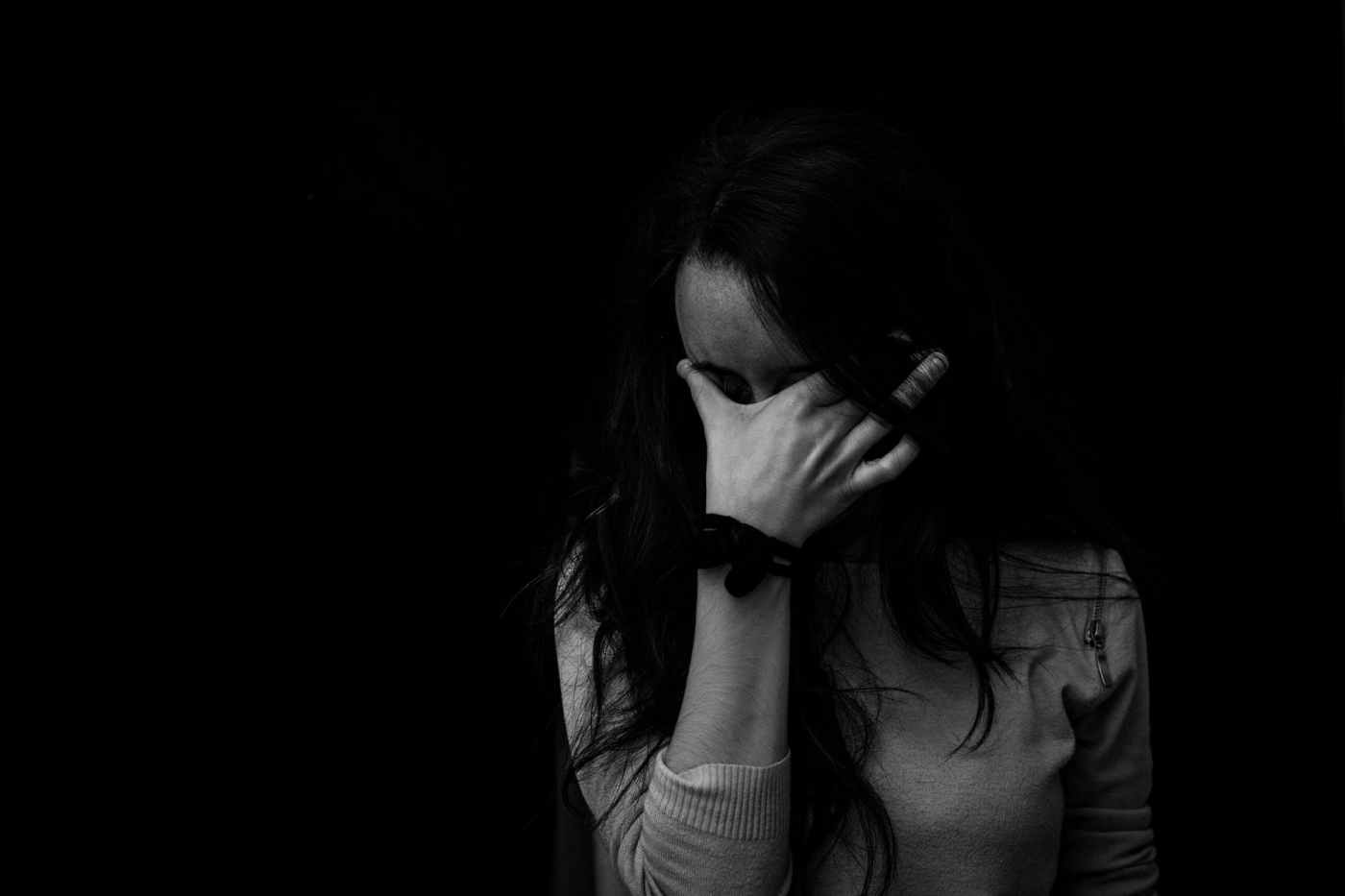I was in kindergarten sitting at the back of the class when I started to pull out my eyelashes.
I don’t know what made me do it but I knew that it comforted me. On the other hand, I knew that what I was doing was bad, so I became good at hiding it.
One day, however, I came home from school and my mother noticed that my eyelashes were sparse. She asked me what happened to them and I don’t remember what I told her, but what I do remember is the stress and anxiety that I went through as I got older.
First it was my eyelashes. During elementary school and junior high, I pulled out my eyebrows. After I graduated high school and started college, I began to pull the hair from the crown of my head.
I knew there was something wrong with me. My parents knew too, but all they could do was to tell me to “just stop pulling,” but it did not help me. It’s hard to explain why you do something when you don’t know why you’re doing it in the first place.
One day, I finally had my answer.
I used to take early classes in college so I could have my afternoons free, and I would watch daytime talk shows. I was a fan of Dr. Phil and I may have indulged in some Jerry Springer (who hasn’t?).
It wasn’t until an episode of Oprah that I found out that what I had done for years was not a bad habit at all but a disorder called trichotillomania.
She had a young woman on her show who lived with the disorder. She described how she began pulling the hair from her head at an early age, sometimes to the point of creating bald spots.
My jaw dropped. I did the same thing! I would also have tiny bald spots on my head and even though I was able to comb them over and no one noticed them, I still felt ashamed.
Trichotillomania (TTM or trich) is a mental disorder where a person compulsively pulls out their hair, usually from their scalp or eyebrows. According to the Mayo Clinic, there are more than 200,000 chronic cases reported every year. Many people with trich report that the pain that comes from pulling out the hair feels like a surge of relief or pleasure. Some cases also show patients that scratch and pick at their skin or excessively bite their lips.
Trich has also been diagnosed alongside stress disorder and obsessive compulsive disorder. The medical research is still limited, though, and doctors usually suggest therapy as treatment.
I’ve been going to a therapist for a few months, and she is helping me through my depression and trich with EMDR light therapy. It is helping me reconnect with past memories and emotions so that I can learn why I developed trich at the age of five. It might be a long process for me, but every session feels easier and every day is a little bit better.
I am now 36 years old and I still pull out my hair. I pull it from my head and my eyebrows, and there are times when I don’t realize I’m doing it. I’ve tried squeezing stress balls, fidget cubes with loud clickers, and even holding a stuffed animal, but I just end up putting them all down to pick at my head.
There are days where this doesn’t happen, though. If I have a busy task at work and I don’t have the chance to sit down, it will be a trich-free day! But then I’ll relapse and make visible patches in my eyebrows that I have to fill in with eyeliner.
Therapy is helping me get through the day and I’m learning to not feel shame when I give into my disorder. My therapist even suggested that I allow myself to be vulnerable, so I wrote a post about it on my Tumblr page. I then received messages from some of my younger followers telling me how they thought there was no one that understood what they were going through and they were relieved to finally find someone who did.
That’s the reason I talk about it now.
I know I will never be cured of this, but I can live with it. I used to be embarrassed by my trich but I’ve become more vocal about it because it is a part of me.
If you have trich, please know that you’re not alone.
Resources
TrichStop.com — This site offers an online community for people with trich along with features to help you find the therapy you need.
The TLC Foundation for Body-Focused Repetitive Behaviors (BFRBs) — The website has links to Facebook Groups and options for Skype or phone sessions to offer support for those who have trich or skin-picking disorder.
Amazon — There are several books that can help guide you through the stresses of trich and BFRBs.

Thank you for sharing this! It must have taken a lot of courage to write about your condition. I was aware of trich, but didn’t know how debilitating it could be. I understand it a bit better thanks to you.
I have eczema, and while it’s more common, having it could be shameful. I itch everywhere – my arms, chest, back, legs, scalp… many times I scratch so hard my fingernails get caked in blood. I’d like to believe that I manage it better now, but the itch comes in waves. One day I’d like to write a post about it, too, as you have with trich.
LikeLiked by 1 person
Thank you so much. Writing about it certainly helped.
LikeLike